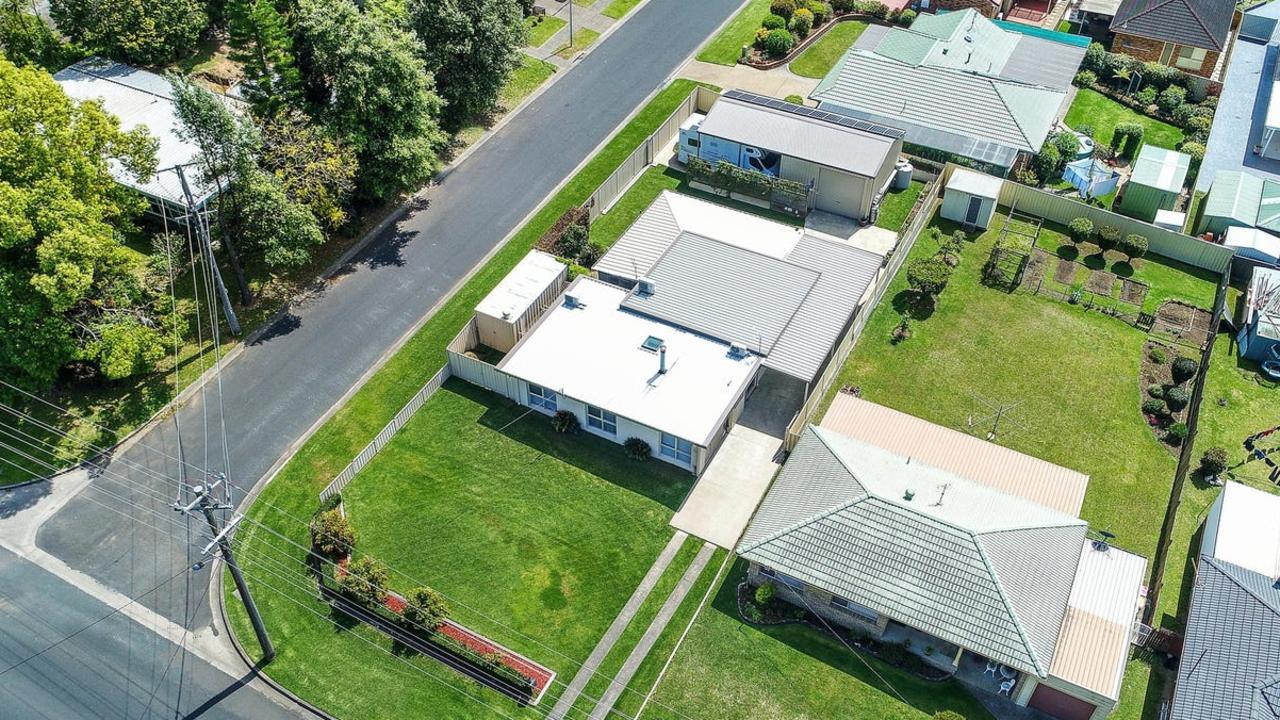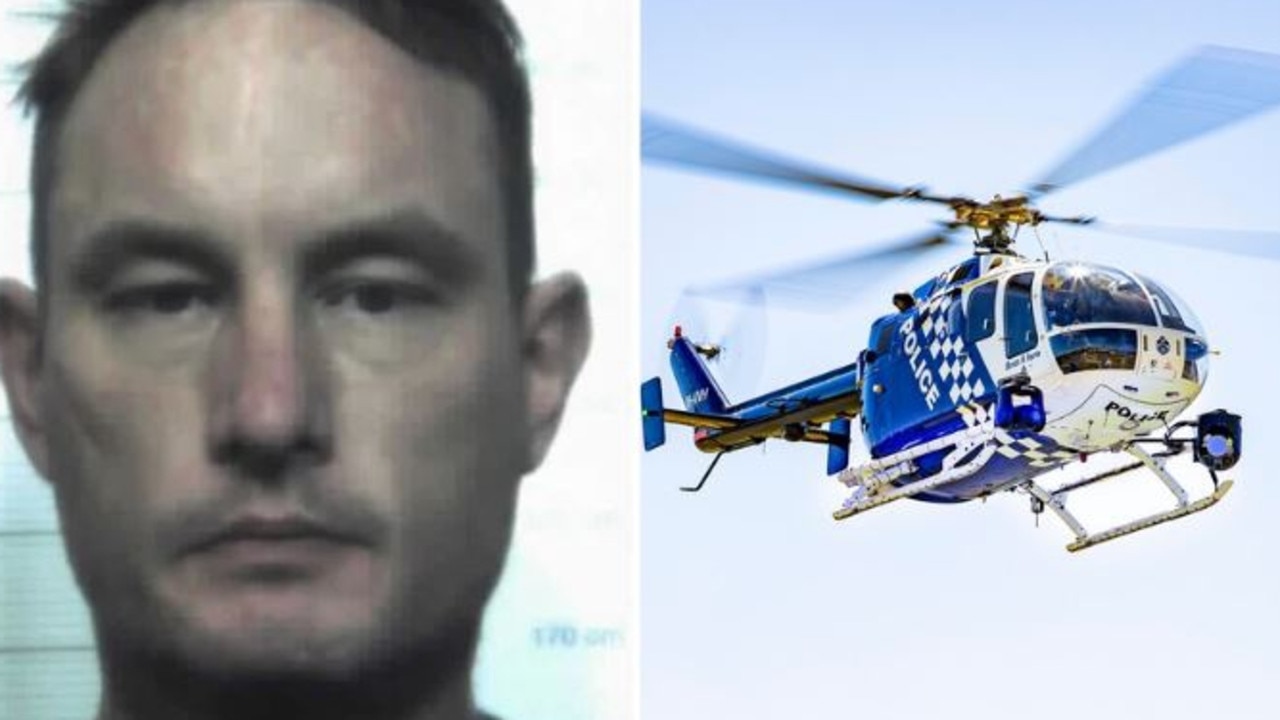Jack Alick Bond: Unmarked Botany grave to be honoured on anniversary of Boer War treaty
He was the grandson of the first Melbourne Cup winner and the first Indigenous soldier to be awarded for fighting overseas and now after 80 years his family know where he rests.

The South Coast News
Don't miss out on the headlines from The South Coast News. Followed categories will be added to My News.
Australia’s first Indigenous soldier to be awarded for fighting overseas will finally have a resting place after laying in an unmarked grave for 80 years.
Research by historian Peter Bakker led to the discovery of south coast Boer War soldier Jack Alick Bond’s unmarked grave at the Eastern Suburbs Memorial Park in Botany, after years of research.
Mr Bond, who is believed to be the first Indigenous Australian to receive an Imperial Award for service overseas, lived for many years with family on the south coast at Wallaga Lake and Bega before he died at La Perouse in 1941 after being hit by a tram at the age of 68.
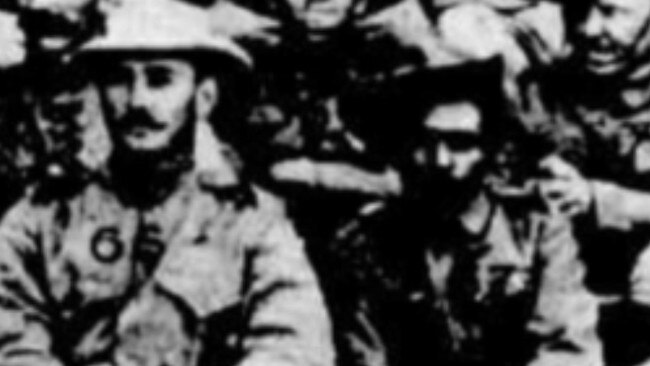
He was born in Braidwood and is the grandson of racing identity Etienne Livingstone DeMestre, the winner of the first two Melbourne Cups.
The discovery of the unmarked grave at Botany saw the creation of the Jack Alick Bond Memorial Grave Committee last year, and the committee has organised a rededication ceremony at the burial site on May 31, the anniversary of the end of the war.
Committee member Pastor Ray Minniecon said while it took time to find Bond’s family members, he hoped as many as possible will be at the emotional rededication ceremony.
“The most important thing is the need to identify, recognise and honour every Aboriginal person who fought for this country in overseas conflicts,” he said.
He said Bond will be placed on an honour roll at the Australian War Memorial in Canberra, where Mr Minniecon said there were no records of Bond’s service.
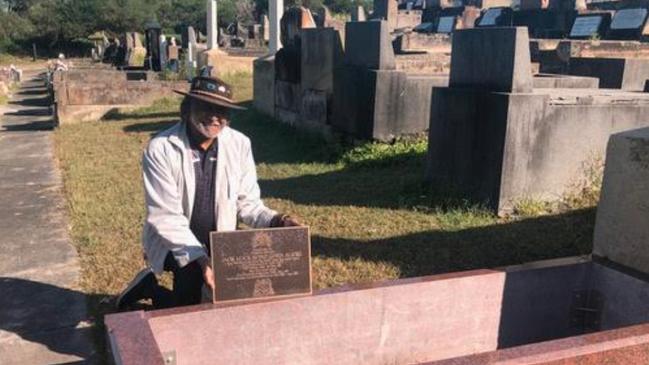
“It has been a fascinating journey for me,” he said. “I think the future is about fixing the past.”
Fellow committee member Col Watego, who has only recently retired from the armed forces, said many of Bond’s family members had no idea their descendant was buried in an unmarked grave.
“It’s really important that people understand everyone involved has their own reasons why this is so important,” Mr Watego said.
“For me I think it brings closure to families, which is really important.
“We can now honour and pay respects to him as a warrior.
“I believe we need our young people, all young Australians, to know the story and look at him as a role model and follow in his footprints.
“He made us so proud, and it’s important everyone knows.”
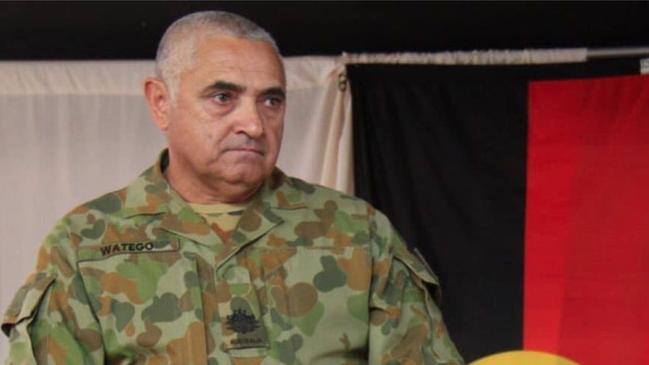
Mr Watego said despite Indigenous soldiers having “a very difficult time” fighting overseas, Bond went to South Africa twice. Once before Federation in the NSW First Australian Horse and again after 1901 with the Australian Commonwealth Horse.
Bond fought in crucial battles in South Africa, including Poplar Grove, Zand River, and Diamond Hill.
Mr Watego said the fact Second Boer War ended in what we now know as Reconciliation Week, added another layer of meaning to the ceremony.
“It’s a time we can understand each other and have mutual respect,” he said.
“It comes with a sense of optimism that things will change for the betterment of everybody.
“History is history, but we can learn from it.”



